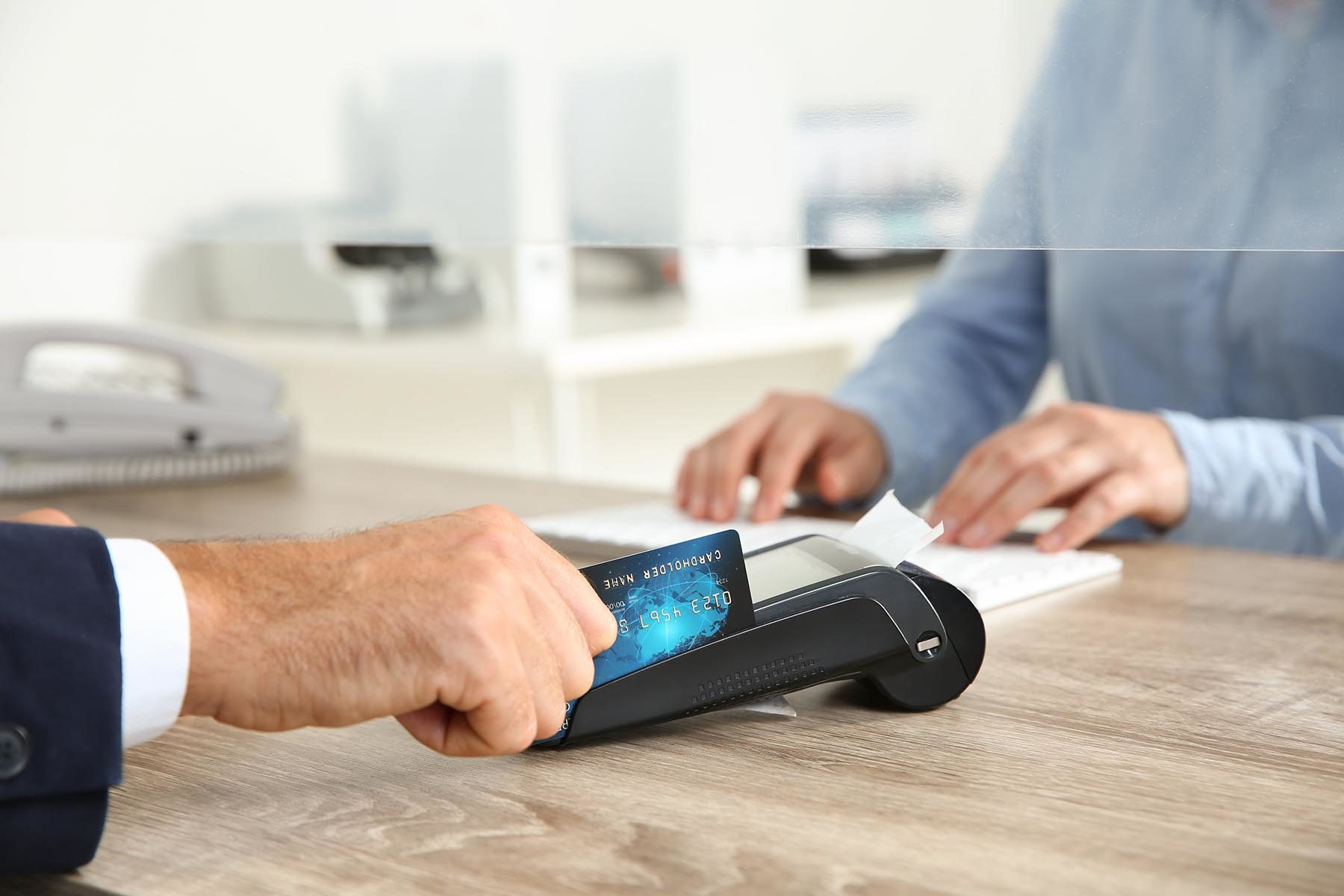An article published recently by the New York Times reported that the credit card provider Capital One had been fined for deceptive credit card practices.
What was the sin?
There is a new watchdog government agency titled the Consumer Financial Protection Bureau. It has fined $210 million, plus it must reimburse about a tidy $140 million to its customers. It’s sin? It was rebuked for “misleading card customers into buying unnecessary products like payment protection and credit monitoring”
A Capital One spokesperson said that the wrongdoing was committed at outside call centers that didn’t always follow Capital One sales scripts. The company did acknowledge that it was accountable for those actions even if vendors did them. Capital One also apologized to customers who had been affected by the deceitful practices.
How important is credit monitoring?
I have no idea as to how Capital One sales people pressured people into buying credit monitoring but I do believe it can be a useful tool. Identity theft is practically running rampant these days. Monitoring your credit can’t prevent identity theft from occurring but it can alert you to what’s happening so that you can take appropriate action. Credit monitoring services from the “big 3” credit reporting agencies (Experian®, TransUnion® and Equifax® are good, reputable services. If you purchase credit monitoring from any of the three, you can get access to your credit report, identity theft protection and 3-bureau credit reports and scores. However, in the case of Experian, these are all priced ala carte meaning that if you wanted Credit Tracker® alone it would cost you $14.95 a month, while 3-bureau reports and scores would cost $39.95 (one time payment). Or you could order just the Experian credit score and report for $14.95.
What credit monitoring gives you
When you sign up for credit monitoring you will most likely get an alert when there are any changes to your account including delinquencies, tax liens, bankruptcies, charge-offs, credit increases and address changes. The service will also let you know who is making inquiries on your credit file and let you know if any new accounts have been opened in your name. It will let you know if there has been any activity on your report related to collection accounts so that you can investigate it. And finally, it will let you know if there have been any accounts recently closed.
The pros of credit monitoring
The biggest pro of credit monitoring is that it could prevent you from losing a good deal of money. Let’s say that your credit report suddenly shows suspicious activity like a bigger than usual charge on one of your credit cards or that a new account has been opened. You would be immediately alerted and could call the credit card company or your bank and report the issue. Credit monitoring can also provide an alarm for people who are at risk from divorce, a stolen wallet, or a security breach. Since they’re getting constant updates on changes to their reports, they should be able to quickly catch any odd transactions, accounts or strange names.
The biggest negative
The biggest downside to credit monitoring is its cost, which can be anything from around $12 to as much as $29 a month. As in much of life, it’s true of these services that you get what you pay for/ This is because you will be able to get all three credit reports and credit scores only if you sign up for one of the premium services.
DIY Credit Monitoring
It’s actually possible for you to do your own credit monitoring, which might have been one of the reasons why the government got all over Capital One. Instead of ordering all three of your reports at the same time (www.annualcreditreport.com), you could order them one at a time every four months. This means you’re basically monitoring your own credit. If you find any names or accounts you don’t recognize, report this immediately as it could indicate identity fraud or identity theft.







